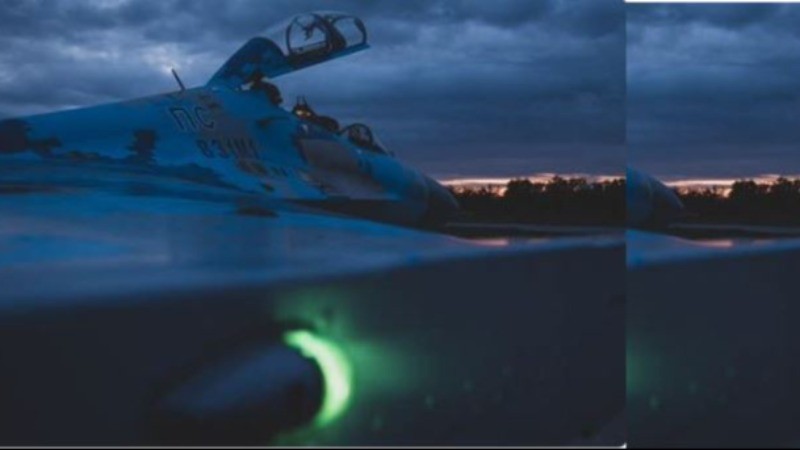
The United States suspects that Russia launched a previously untested intermediate-range ballistic missile during its recent assault on Ukraine, a move analysts believe could impact European missile defense strategies.
According to the U.S. military, the missile’s design is based on Russia's longer-range RS-26 Rubezh intercontinental ballistic missile (ICBM). Officials said the new missile is experimental, and it is believed that Russia only has a limited number of them.
Ukraine’s air force initially identified the missile as an ICBM, raising fears of a significant escalation in the ongoing 2-1/2-year conflict. While an intermediate-range ballistic missile (IRBM) poses a comparatively lower threat, it is still concerning. U.S. officials mentioned that Moscow gave Washington a brief warning before the launch.
The Pentagon noted that the missile was equipped with a conventional warhead but indicated that Russia could modify it if needed.
“It could be refitted to carry different types of conventional or nuclear warheads,” said Pentagon spokesperson Sabrina Singh.
In a televised address, Russian President Vladimir Putin confirmed that a Ukrainian military facility was struck with a new type of ballistic missile, which he referred to as the "Oreshnik" (the hazel).
Non-proliferation expert Jeffrey Lewis said Putin had previously hinted at completing an IRBM system following plans by the United States and Germany to deploy long-range U.S. missiles in Germany starting in 2026. He pointed out that the RS-26 had always been a likely candidate for this development.
Pentagon spokesperson Singh added that the missile remains "experimental," emphasizing that this was the first time it had been used in combat.
Timothy Wright, a defense analyst, said Russia's advancements in missile technology could influence NATO's decisions on air defense systems and future offensive strategies.
Meanwhile, the establishment of a new U.S. missile defense base in northern Poland has already triggered strong responses from Moscow. This base, located in Redzikowo, is part of NATO's broader missile defense network and aims to intercept short- and intermediate-range ballistic missiles. However, Putin stressed that the recent missile launch was not a reaction to the Polish base but rather a response to Ukraine’s recent long-range attacks within Russian borders using Western-supplied weapons.
Following authorization from President Joe Biden's administration, Ukraine targeted Russia with U.S.-made ATACMS on November 19 and British Storm Shadow missiles, as well as U.S. HIMARS, on November 21, Putin said.
Moscow confirmed it had targeted a defense company in Dnipro, Ukraine, where the missile and space rocket manufacturer Pivdenmash, also known as Yuzhmash, is located.
Putin further stated that Russia is focusing on developing short- and medium-range missiles in response to the U.S.'s plans to manufacture and deploy similar missiles in Europe and Asia.
He criticized the U.S. decision to withdraw from the Intermediate-Range Nuclear Forces (INF) Treaty in 2019, calling it a mistake. The INF Treaty, signed in 1987, aimed to eliminate intermediate- and shorter-range missiles. The U.S. formally exited the treaty, citing violations by Russia—an accusation that Moscow has consistently denied.